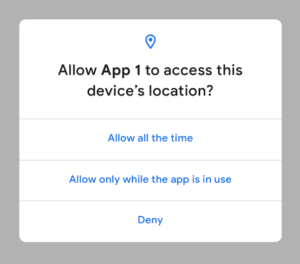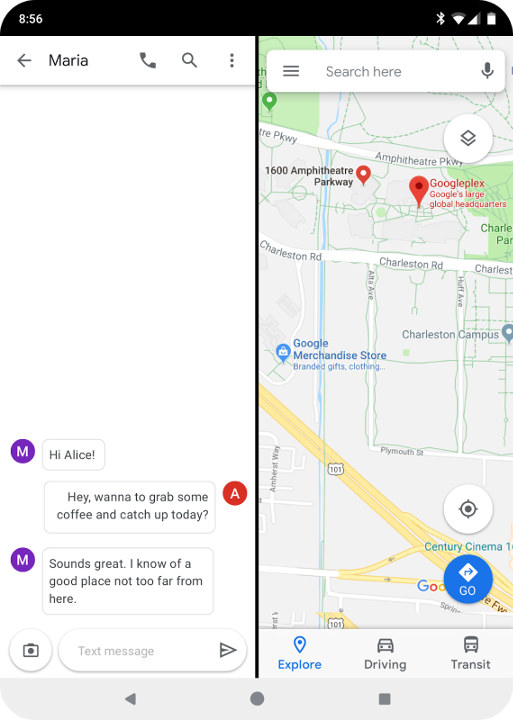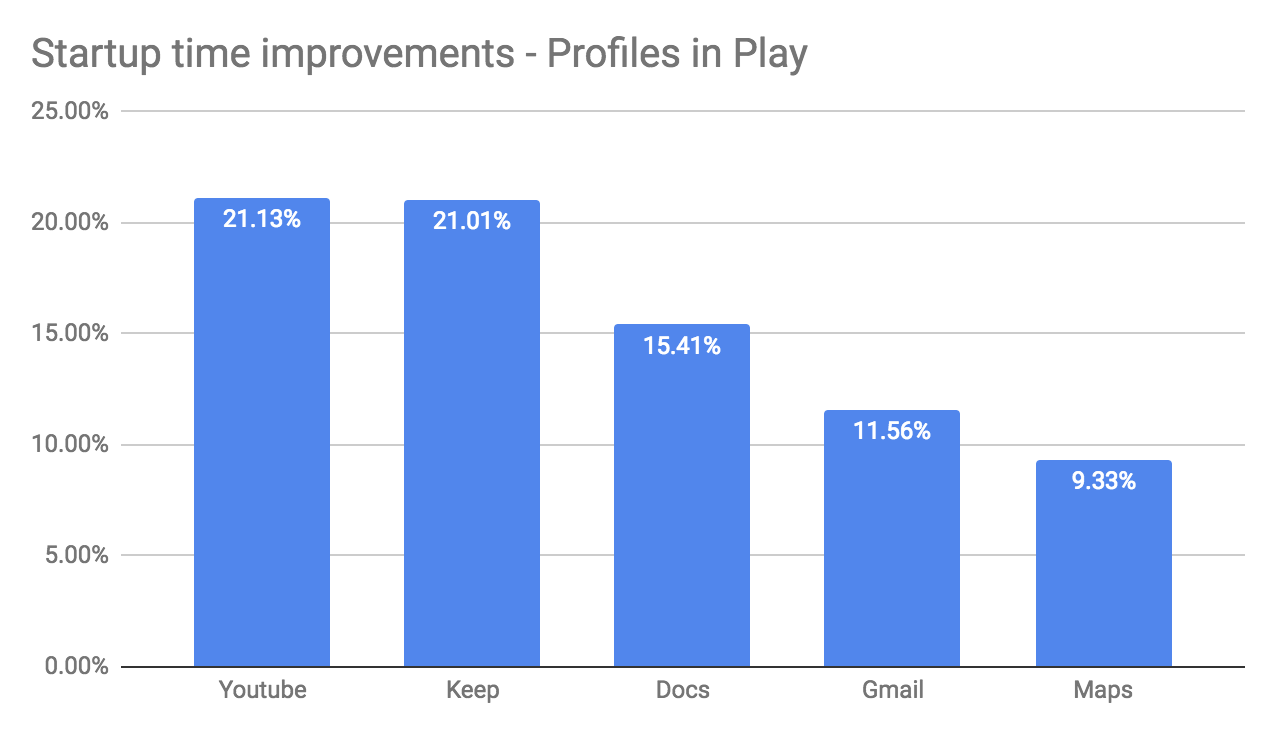Google has just announced the first public release of Android Q dubbed “Beta 1”- for Pixel devices only – as well as the corresponding preview SDK for developers. Android Q is said to bring additional privacy and security features for users, enhancements for foldables, new APIs for connectivity, new media codecs and camera capabilities, NNAPI extensions, Vulkan 1.1 support, faster app startup, and more.
What’s new in Android Q
- Privacy protections improvements

- More control over location with multiple options to “allow all the time”, “allow only while the app is in use” (e.g. not while running in the background), and “deny”
- Users will be able to control apps’ access to the Photos and Videos or the Audio collections via new runtime permissions
- Android Q will prevent apps from launching an Activity while in the background, relying on high-priority notifications instead
- Access to non-resettable device identifiers, including device IMEI, serial number, and similar identifiers will be limited
- Support for foldables and innovative new screens
- Sharing shortcuts – Android Q makes it quicker and faster to share content like photos or videos thanks to Sharing Shortcuts, which let users jump directly into another app to share content.
- Settings Panels – A settings panel is a floating UI that you invoke from your app to show system settings that users might need, such as internet connectivity, NFC, and audio volume.
- Connectivity Improvements
- Connectivity permissions, privacy, and security – Android Q will require FINE location permission for Bluetooth, Cellular and Wi-Fi. Other improvements include randomized MAC address, WPA3 and Enhanced Open security.
- Improved peer-to-peer and internet connectivity – The network connection APIs now make it easier to manage IoT devices over local WiFi, for peer-to-peer functions like configuring, downloading, or printing.
- Wi-Fi performance mode – Enabling high performance and low latency modes will start adaptive WiFi in Android Q. This mostly benefits low-latency applications like real-time gaming, and active voice calls.
- Camera, media, graphics
- Dynamic depth format for photos – Apps can request a Dynamic Depth image which consists of a JPEG, XMP metadata related to depth related elements, and a depth and confidence map embedded in the same file on devices that advertise support.
- New audio and video codecs – Android Q introduces support for AV1 open source video codec, Opus audio encoding, and HDR10+ for high dynamic range video.
- Native MIDI API – Android Q introduces a native (C++) MIDI API to communicate with MIDI devices through the NDK.
- ANGLE on Vulkan – Android Q brings experimental support for ANGLE (Almost Native Graphics Layer Engine)
- Vulkan 1.1 will be a requirement for all 64-bit devices running Android Q, and a recommendation for 32-bit device.
- Neural Networks API 1.2 – Android Q adds 60 new ops including ARGMAX, ARGMIN, quantized LSTM, alongside a range of performance optimizations. Work is being with hardware vendors and machine learning frameworks such as TensorFlow to optimize and roll out support for NNAPI 1.2 in Android Q.
- ART Performance improvement to help apps start faster and consume less memory without requiring any changes to the source code.
- Security improvements
- Support for TLS 1.3 ( as much as 40% faster than TLS 1.2)
- Support for passive authentication methods such as face, and adding implicit and explicit authentication flows
- Making Android more up-to-date
- New apps and updates will have to be set to API Level 28 (Android 9), and a warning will be shown to users when have app targets an API earlier than Android 6 Marshmallow (Level 23).
- 64-bit versions of apps that user native SDKs or libraries will now be required
If you want to try Android Q on your Pixel device, join the Beta program or download the preview images and install them manually. Alternatively, it’s also possible to run Android Q Beta in the latest Android emulator packaged with Android Studio, where you can also setup Android Q SDK.

Jean-Luc started CNX Software in 2010 as a part-time endeavor, before quitting his job as a software engineering manager, and starting to write daily news, and reviews full time later in 2011.
Support CNX Software! Donate via cryptocurrencies, become a Patron on Patreon, or purchase goods on Amazon or Aliexpress







